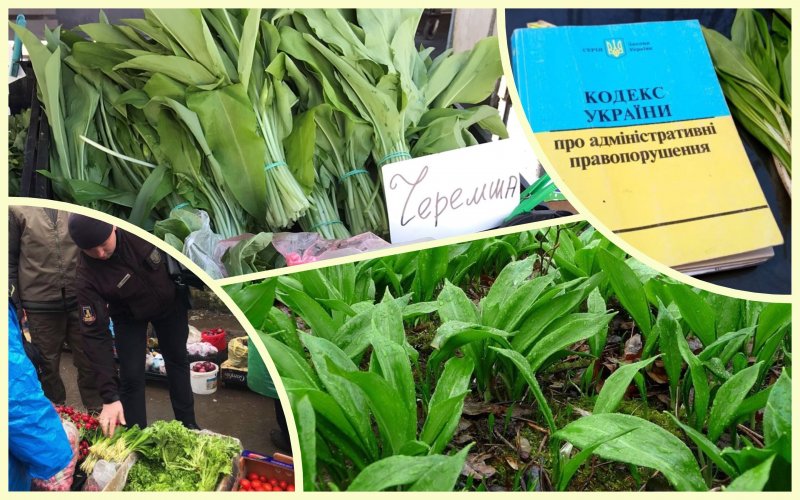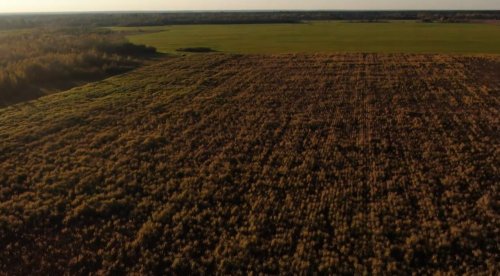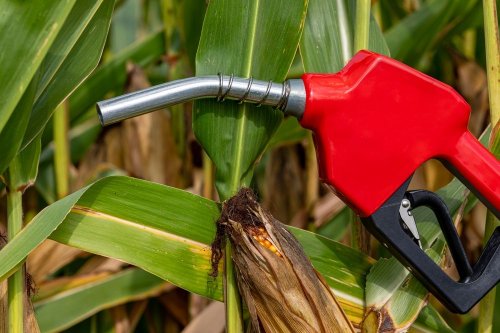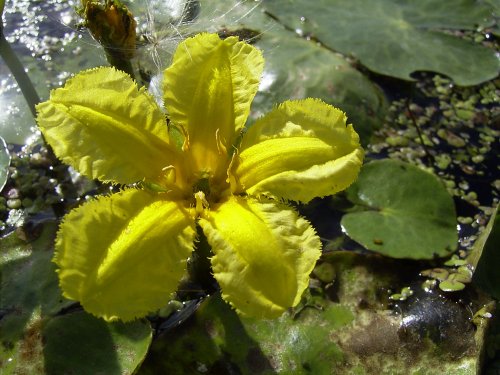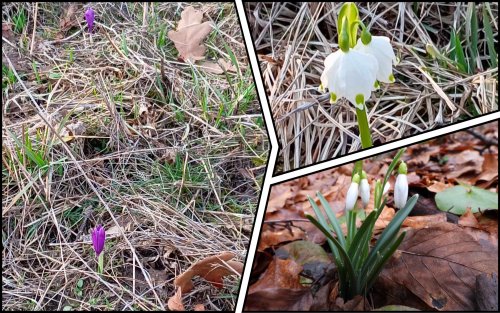In Ukraine, there is a ban on the collection and sale of cheremsha, which are listed in the Red Book, and violators face a fine of 1,700 to 3,655 UAH with confiscation of plants.
Every year, eco-inspectors conduct the campaign Primrose to stop the illegal collection, transportation and sale of rare early-flowering plants, in particular cheremsha, the State Ecological Inspection in the Kharkiv region reports on Facebook.
It is noted that the event lasts from February to May.
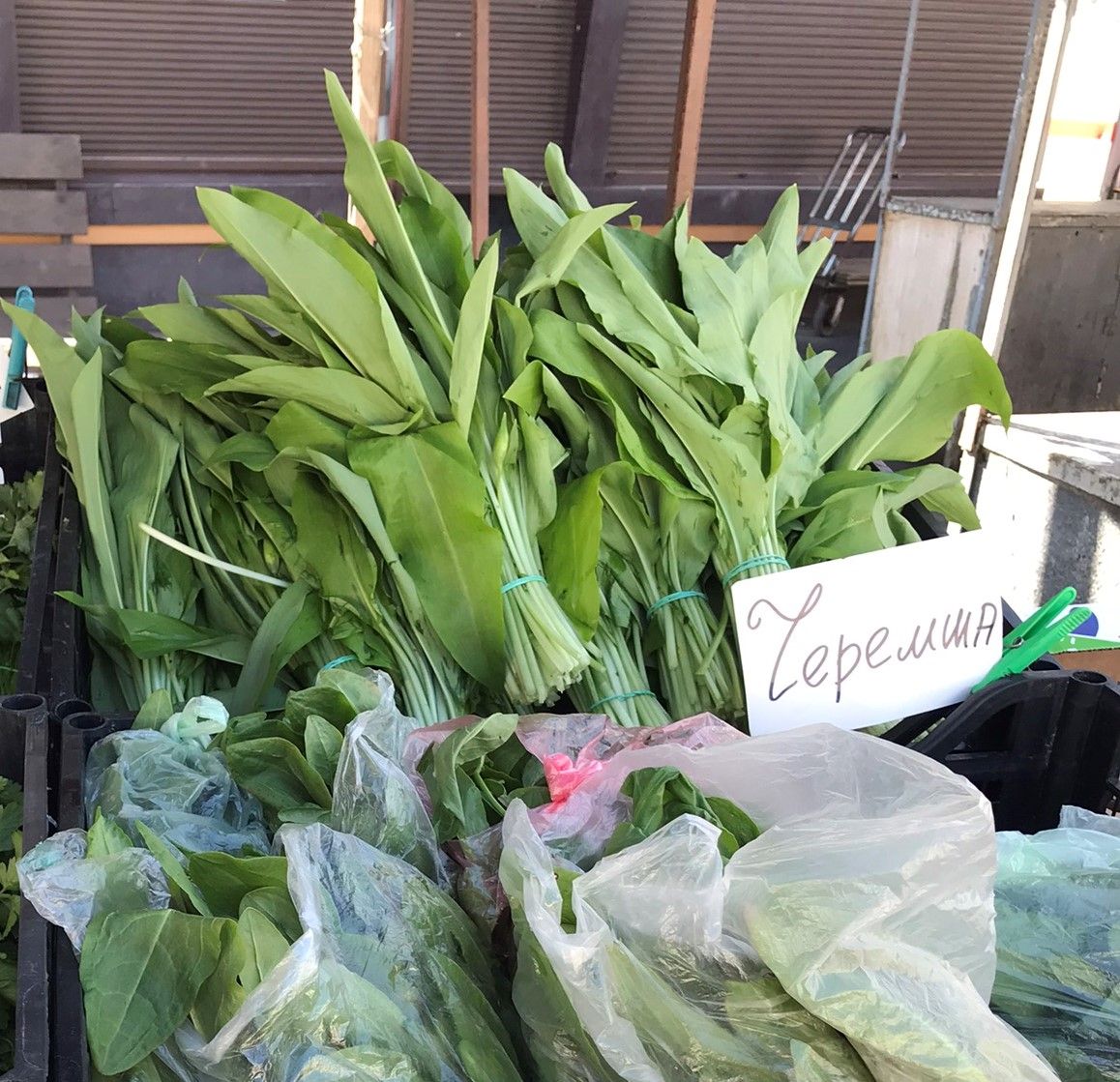
The message said that the ban on the collection and sale of cheremsha, which is also called bear's garlic or bear's onion, is connected with the threat of extinction of the species. In particular, due to excessive collection and destruction of the natural environment. Therefore, the collection and sale is a violation of the Administrative Code.
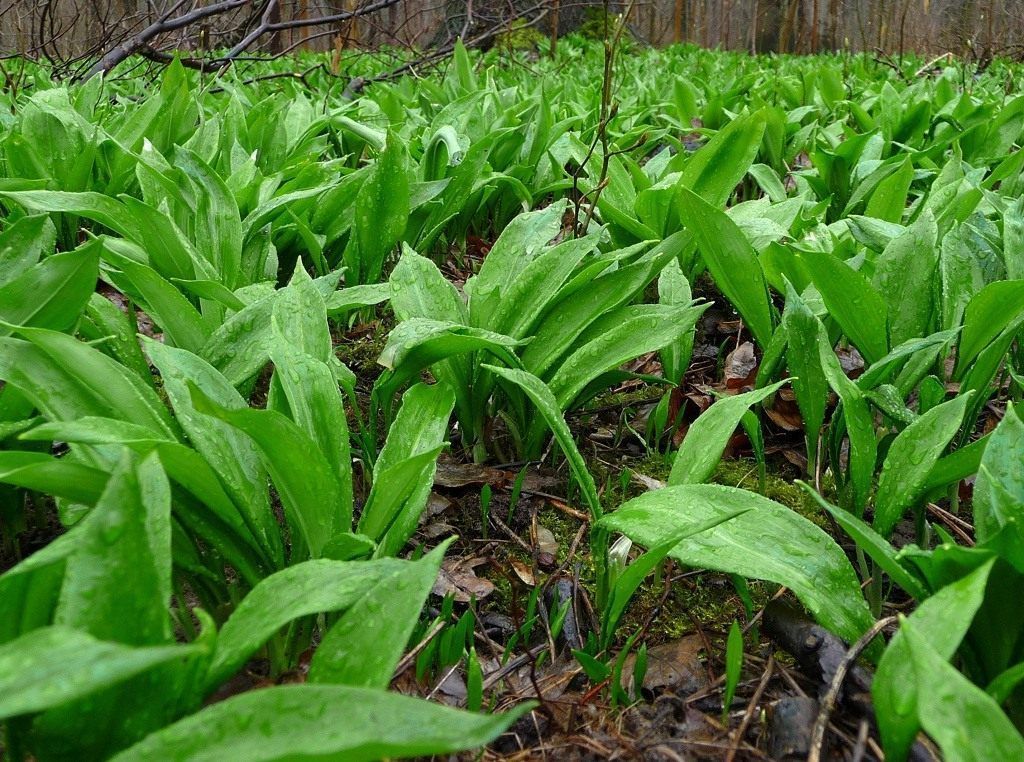
Eco-inspectors noted that they go to places where plants are sold, in particular in Kharkiv, for control. They handed over the extracted cheremsha to the Kharkiv Zoo for animal feeding.
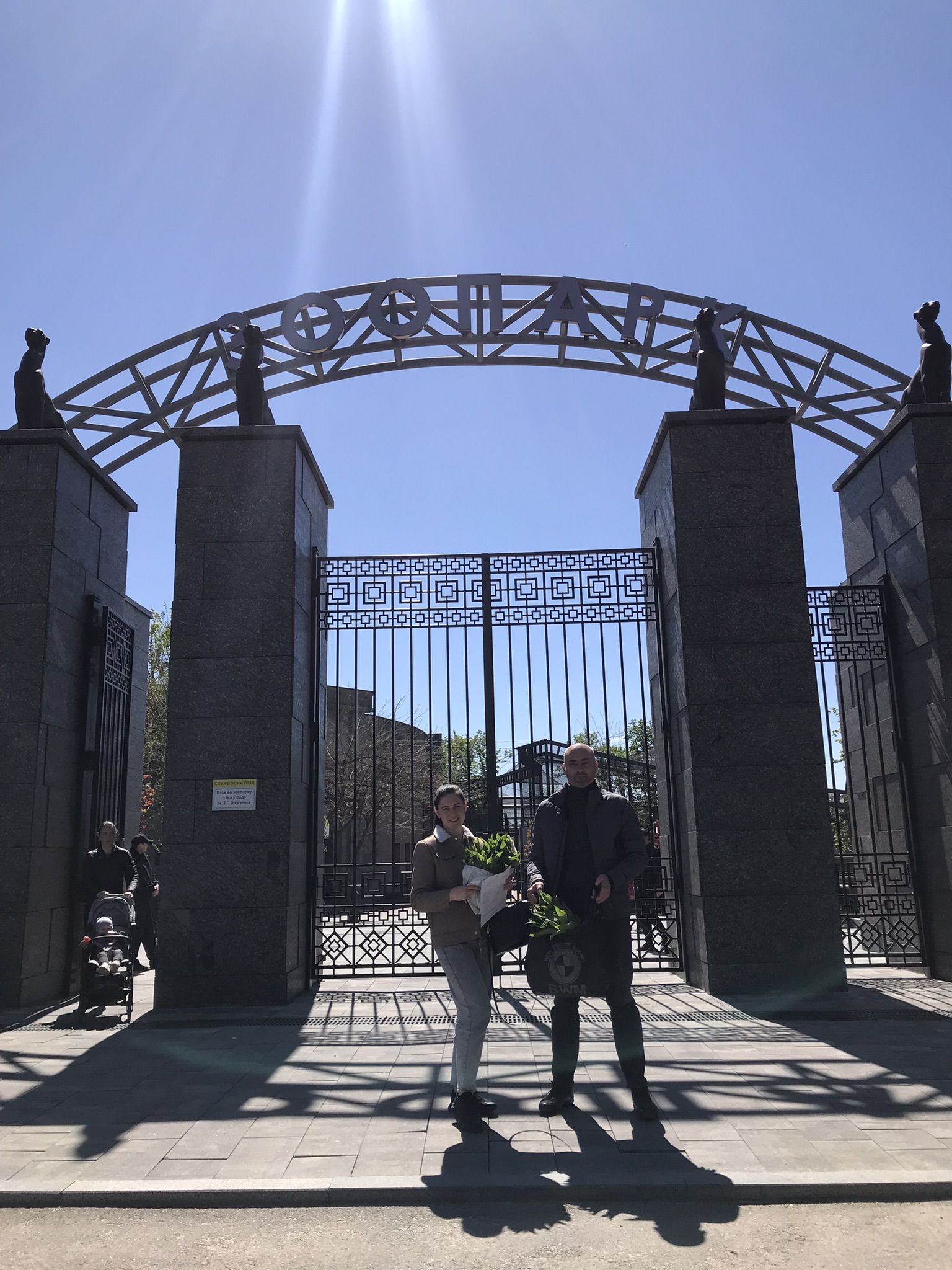
They added that they will continue to hold such events.
"We urge citizens not to buy plants of illegal origin from traders," said the eco-inspectors.
As EcoPolitic previously reported, Ukrainians who buy and sell bouquets of snowdrops, snowdrops, crocuses and other primroses face a fine of 510 to 3,655 hryvnias. After all, this is a violation of the laws of Ukraine and the rules of trade.

